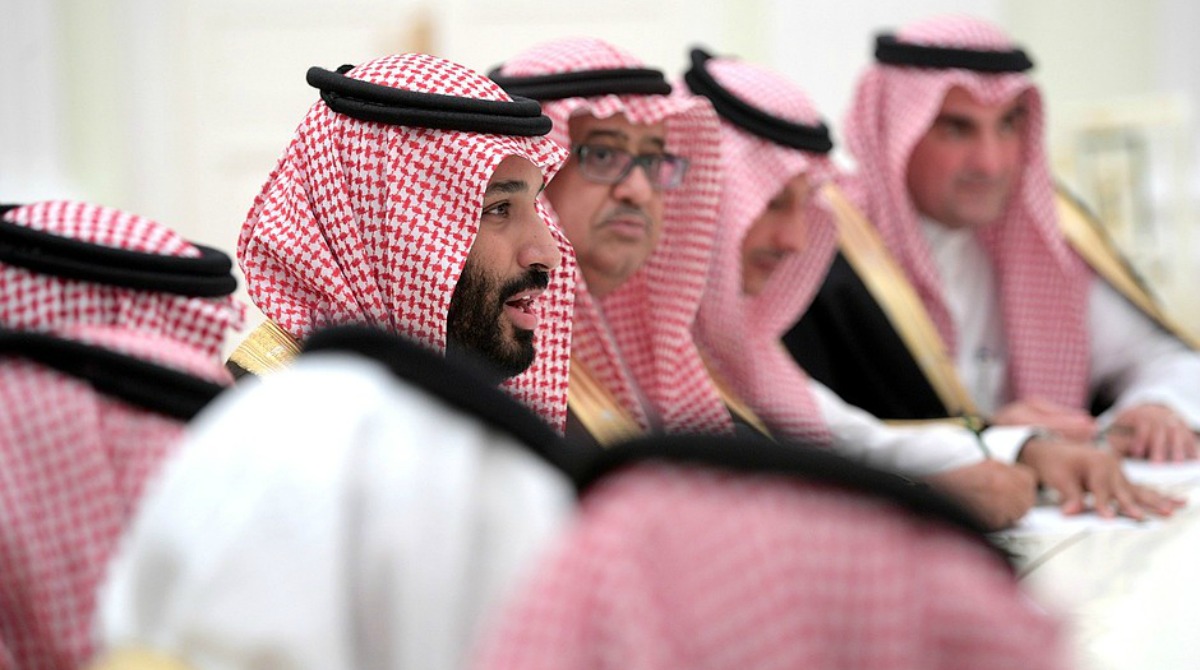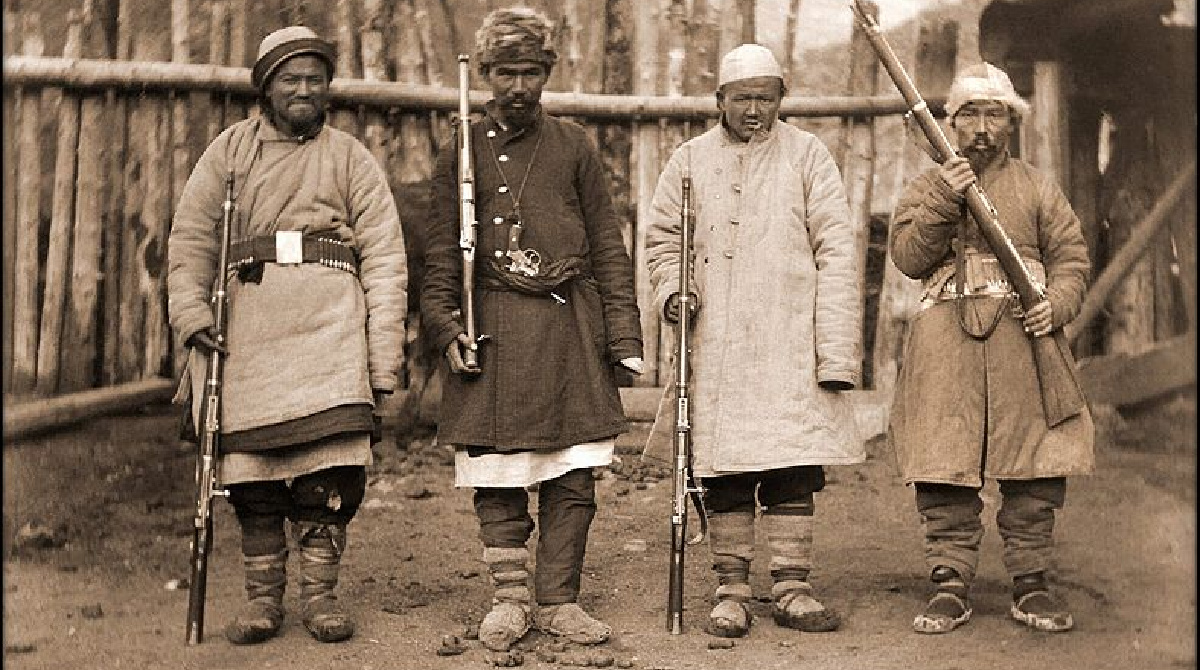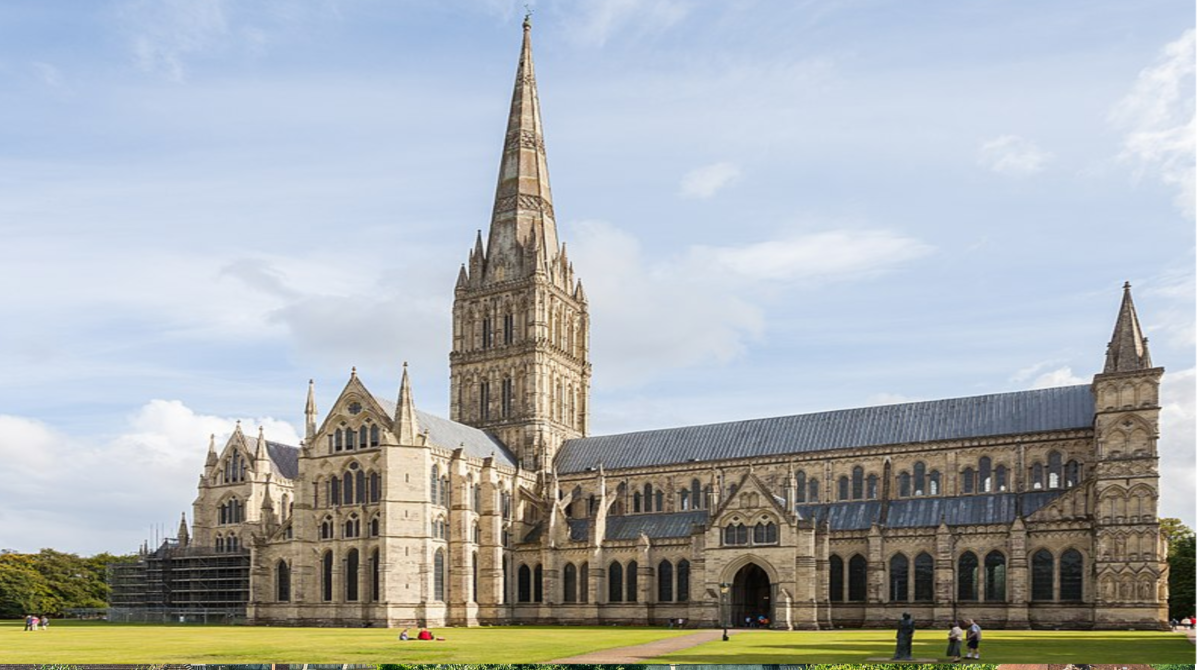Still tyrannical? Barbaric? Yes; but in Saudi Arabia the tectonic plates are moving
So how are our new best friends in Saudi Arabia doing these days?
After last year’s grisly murder of the Saudi dissident Jamal Khashoggi in the Saudi Consulate in Istanbul, it looked like it might be curtains for Saudi’s reformist crown prince, Mohammad bin Salman, known as MBS, who was accused of ordering his killing.
As I revealed last October, however, Khashoggi was no reformer but an Islamist extremist. A one-time friend of Osama bin Laden, he called on all Arabs to join the “resistance” against Israel; and he opposed MBS not because he was undemocratic but because he wasn’t jihadi enough.
Whatever the truth of the Khashoggi killing – my own sources suggested it was an attempt by MBS to kidnap him back to Saudi Arabia that went badly wrong – MBS remains still very much in control.
Simon Henderson, an expert on the kingdom at the Washington Institute for Near East Policy, recently reported that the prince’s ambitious plan to transform the Saudi economy was making progress, if erratically. The prominent asset managers BlackRock and HSBC have launched dedicated Saudi investment funds, indicating that the Khashoggi murder isn’t being viewed as a barrier to new business.
Anti-reformist Saudi clerics have been jailed, and Saudi women granted the right to ask their male guardian if they may apply for a driver’s license (this may not sound like a big deal in the West, but in Saudi Arabia it certainly is). Previously banned cinemas have sprung up along with public entertainments such as a concert by rock star Mariah Carey.
Nevertheless, this remains a tyrannical and barbaric regime. Last month it beheaded 37 people, mostly minority Shi’ites, crucifying one of the dead and putting his body parts on public display.
Last year, it jailed 11 women activists who were accused of contact with foreign journalists and human rights organizations and charged with lobbying for women’s right to drive (one month before the driving ban was lifted) and abolishing the system of male guardianship over women.
The women are said to have been ill-treated or tortured in prison. Seven of them, however, have now been freed on bail, apparently in response to international pressure including an unprecedented rebuke by the UN Human Rights Council (taking rare time out from bashing Israel).
Saudi Arabia’s still-appalling human rights record has caused many to conclude that its social reforms are cosmetic, designed merely to hoodwink the kingdom’s critics. This surely denies a more complex and potentially significant picture.
Until recently, Saudi Arabia was the principal exporter to the world of the Wahhabi strain of Islamic extremism, which has radicalized countless millions to the jihadi cause.
Now, though, the kingdom is no longer trying so hard to do so. It has been almost completely replaced by its foe Qatar as the main source of funding for global Islamist education, and Saudi newspapers regularly publish diatribes against Islamist extremism.
Another Washington Institute researcher, David Pollock, wrote last year that in opinion polls he supervised in 2015 and 2017 Saudis were asked if they supported or opposed this statement: “We should listen to those among us who propose interpreting Islam in a more moderate, tolerant, and modern way.” Over those two years, the proportion supporting such change doubled – if only from 15% to 30%.
Qatar, wrongly regarded by so many in the West as moderate, has become a greater threat to world peace than Saudi Arabia. Qatar promotes the Muslim Brotherhood, funds Hamas and is in cahoots with Turkey and Iran. Which is precisely why MBS regarded Khashoggi, who was developing ever-closer ties with Turkey and Qatar, as a threat.
It’s well known by now that the Saudis have developed ties with Israel as a result of the kingdom’s deep concerns over the menace of Iran. So the great question is whether the Saudi thaw toward Israel goes any deeper than a tactical alliance against a common foe.
Some of what is now being said in the kingdom, necessarily with the tacit consent of its regime, goes further than might be expected from merely tactical considerations.
During the most recent rocket onslaught from Gaza, several prominent Saudi journalists and intellectuals expressed support for Israel that went beyond merely blaming Turkey and Iran for being behind the attacks.
The former director of the Middle East Center for Strategic and Legal Studies in Jeddah, Abd Al-Hamid Al-Hakim, wrote: “Our hearts are with you. May Allah protect Israel and its people… We will not let the treacherous hand of Iran and its agents in Gaza reach the Israeli people.
“It’s time to say this out loud: confronting the terror of Hamas is the responsibility of all the countries in the region and of the international community, not only of Israel… I say to the Arabs: Do you want these murderers and agents of Iran to rule Jerusalem?!”
Given the virulent omnipresence of antisemitism in the Muslim world, the acid test of Saudi reformism must be, of course, attitudes not just to Israel but to the Jews. And here again, some astonishing developments are occurring.
The head of the Jeddah-based World Muslim League, Mohammed al-Issa, a cleric and former justice minister, has condemned Holocaust denial and promised to visit Auschwitz. He also told Muslim minority communities abroad to “embrace the nations they live in,” strictly obey national laws and positively integrate into society.
In a further sign of thawing relations, Saudi Arabia will now permit Israeli Arabs to work there freely. And yet, and yet: it will still bar Israeli Jews from doing so.
Last year, a study by America’s Anti-Defamation League revealed that Saudi textbooks continue to promote antisemitic conspiracy theories, as well as propagating “incitement to hatred or violence against Jews, Christians, Shi’ite Muslims, women, homosexual men, and anybody who mocks or converts away from Islam.”
And yet Saudi journalist and businessman Hussein Shobakshi used his column in the London-based Saudi daily Asharq al-Awsat to condemn antisemitism in Islamic culture.
As reported by the Middle East Media Research Institute (MEMRI), Shobakshi wrote: “The intensity of the Jew-hatred disseminated by the media and by art, literature, and political cartoons [in the Arab world] has reached a degree that cannot be ignored.” He said Arab antisemitism was “the product of loathsome, racist education that is rooted in the Arab mentality… We disregard all these very positive references [to Jews in Muslim literature] and present invented theories, interpretations, and motives that justify Jew-hatred.”
Saudi reform is moving at a glacial pace. With a population and culture as steeped as it is in Islamist fundamentalism and antisemitism, to move too fast would produce a violent backlash. And uppermost in the mind of MBS is surely the need to protect himself from the enormous threat of assassination.
But the tectonic plates in Saudi Arabia are inching in a direction that until very recently would have been thought utterly impossible. And that shouldn’t be dismissed as no big deal. It is.




